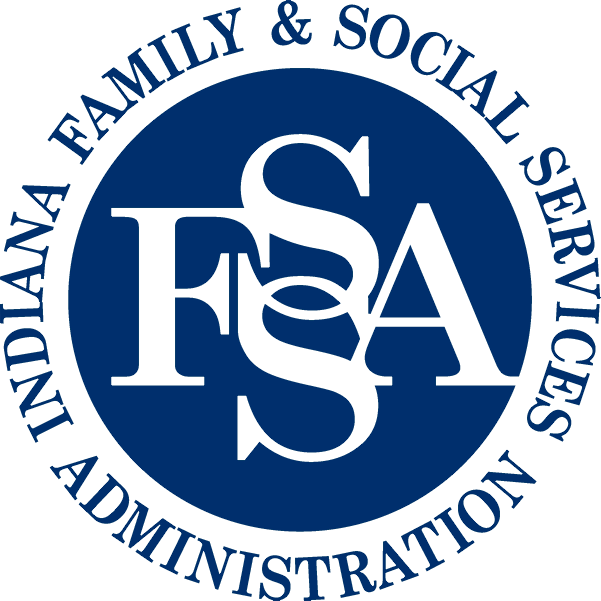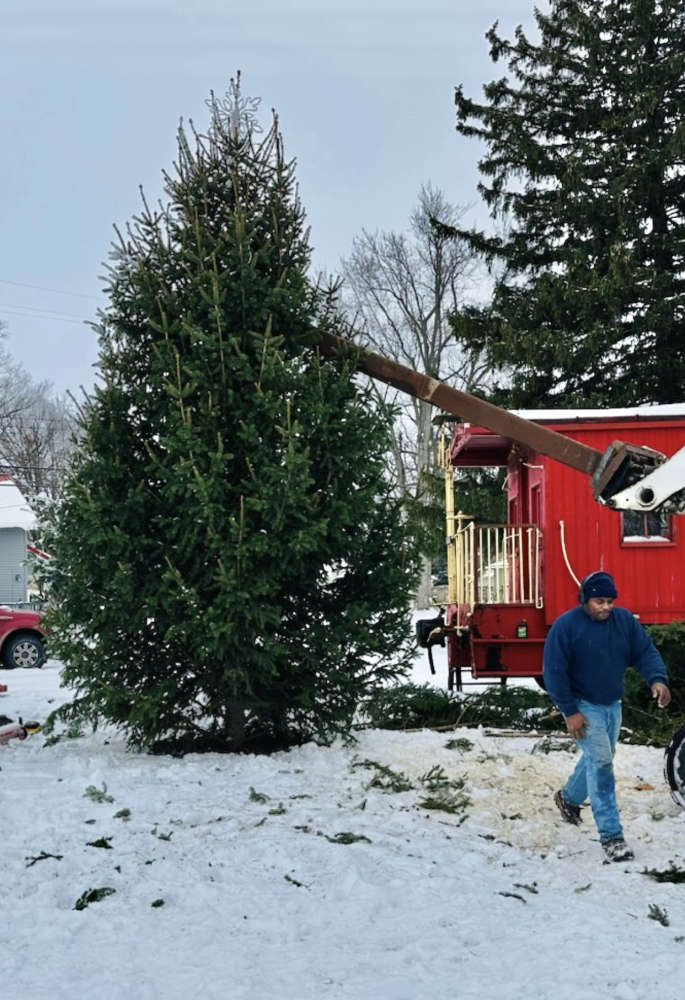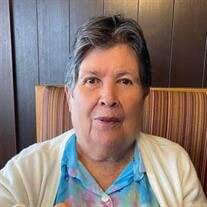
Issues surrounding affordable housing dominated discussion at this week’s meeting of the Rochester City Council.
Among them, two housing developments proposed for the city cleared their first hurdle to potentially become a reality through tax abatements, however, one has since been nixed.
Rochester Mayor Trent Odell says the city has been engaging with four developers, all competing to secure a federal tax credit to create new affordable rental housing.
On Tuesday, the city council approved resolutions declaring economic revitalization areas for two of those developers, Fort Wayne-based Keller Development and Indianapolis-based Crestline Communities.
Unable to secure a zoning map amendment, Crestline has since withdrawn its proposal to construct a 44-unit apartment complex off Rhodes Street near CVS. The zoning change was denied over drainage and traffic concerns, as well as a wooded area needing to be cleared to accommodate the development
That development would have served seniors and families and represented a $12 million investment in the city.
Keller has plans to construct an affordable apartment complex at 1329 College Ave. It would be comprised of 35 units and be for those 55 and older. There also would be an on-site leasing office, community space and outdoors areas, such as a picnic shelter and a fenced space for dogs.
Rents are to range between $460 and $835 per month. The income limit for a single person would be $45,440 annually and $51,920 annually for a two-person household.
Keller President Dawn Gallaway noted the Rental Housing Tax Credit program administered by the state is highly competitive and it’s unlikely that more than one project will be awarded in the city.
“I like to think there’s a possibility for two, but I’m not going to ever promise that,” she told the council. “There could be none, quite frankly, because there are other developments throughout the state that are also competing for these funds.”
She stressed the importance of local government participation to help in the scoring process when applying for the funds.
Addressing misconceptions
After hearing developers’ plans, Odell encouraged the public to dismiss any negative connotations that might creep up when hearing “affordable housing.”
“I heard nothing for a year campaigning except we need housing that we can afford. That’s what this is,” he said. “If you want rents under a thousand bucks, this is the only way you're going to get that. Period. We’re blessed to have these developers coming to us with these proposed projects.”
Fulton Economic Development Corp. Executive Director Michael Ladd noted “affordable” does not necessarily mean Section 8, in which private landlords own the property and accept vouchers on behalf of their renters.
“It's affordable housing, which means that I can spend 30 percent of my income on a place that I can afford to live and keep up, and the rest of it I can live as a human being. Nobody's got to subsidize me, nobody's got to help me. That's the type of housing that we're bringing in.”
A public hearing before a vote on a confirmatory resolution for Keller is anticipated to occur at the council’s next meeting, 6 p.m. July 23 at Rochester City Hall.
On the frontline
Virga Smith, who for the last four years has been assisting those struggling to pay for a roof over their heads, told the council that more affordable housing is definitely needed in the city.
“I don't know how familiar any of you are with the program we started with Fulton County HOPE probably four years ago, which we called HOPE for the Homeless,” she said. “I've been running that program since and have just put my 400th person under roof.”
“When I say HOPE for the Homeless, most people are thinking of someone that's on the street and that's not necessarily always the case,” she added. “Today, I'm working with a lady that was sent to Fulton County to relocate because of domestic abuse.”
Catholic Charities had asked for help with her deposit, which no other organization in Fulton County provides. HOPE for the Homeless also assists those in need with their first month’s rent when funding is available. Smith and her husband David paid the woman’s deposit, as assistance funding had dried up.
“You don't know what it feels like to have a 5-year-old run across the room and grab you around the legs and say, 'You found us a home,’” Smith said of getting the woman and her three children into safe housing.
Additionally, Smith has started a project at her church, St. John’s Lutheran Church, to provide clothing, household items and furniture to those she assists.
Newfound support
She noted county commissioners have been very supportive of the program, providing at least $10,000 a year and additional American Rescue Plan Act funding.
“The city informed me that we didn't have any homeless in Fulton County several years back,” she said. “They gave us $5,000, and I have never gotten anything else from the city. I'm finding that we've got a council now that seems to care about Fulton County.”
She added that any assistance the city could give the organization now would be appreciated.
“I personally would like for the council to look at putting a budget item in for next year to help them,” Odell said.
To address immediate needs, the council unanimously approved giving $10,000 to the Fulton County Housing Authority, now doing business as Lighted Pathways.
The impromptu contribution received a round of applause from those in attendance.
“There are not enough wonderful adjectives to describe yours and Dave's work in our community over the last few years,” Odell told Smith. “There's a lot that's come out of their personal pockets to help others. They're angels.”


 Governor Braun takes action to waive hours-of-service regulations for transporting propane
Governor Braun takes action to waive hours-of-service regulations for transporting propane
 Two Indiana State Fair Commission executives elected to prominent national IAFE Positions, Indiana State Fair honored with multiple awards
Two Indiana State Fair Commission executives elected to prominent national IAFE Positions, Indiana State Fair honored with multiple awards
 Cover Crop Premium Discount Program available for Hoosier farmers, new pre-enrollment available
Cover Crop Premium Discount Program available for Hoosier farmers, new pre-enrollment available
 Carlos Plascencia named Fulton County Community Foundation 2026 Lilly Endowment Community Scholarship recipient
Carlos Plascencia named Fulton County Community Foundation 2026 Lilly Endowment Community Scholarship recipient
 Citizens Police Academy to be hosted by Starke County Sheriff's Office
Citizens Police Academy to be hosted by Starke County Sheriff's Office
 Indiana FSSA extends open enrollment for HIP and PathWays Plans through December 24
Indiana FSSA extends open enrollment for HIP and PathWays Plans through December 24
 Consumer Alert: Dozens of dangerous products recalled in November
Consumer Alert: Dozens of dangerous products recalled in November
 Kewanna to host 'first ever' Christmas tree lighting event Sunday
Kewanna to host 'first ever' Christmas tree lighting event Sunday




